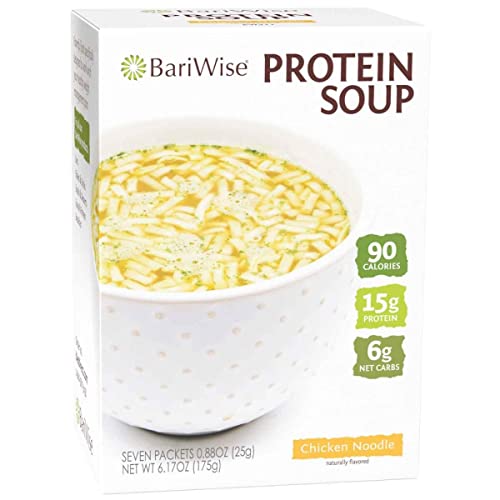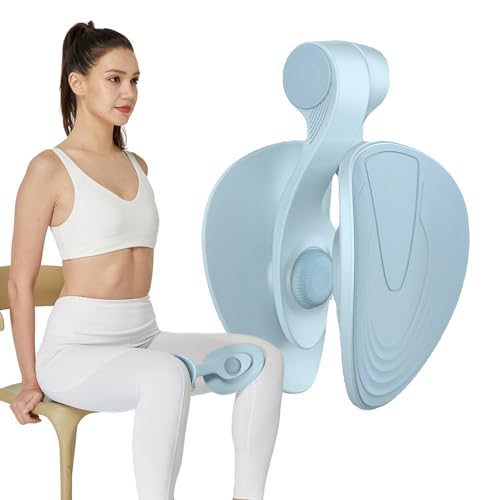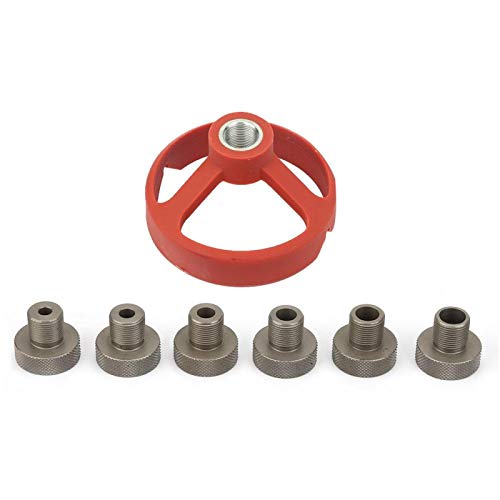Let's start with this...
Flintstones. More than few docs have told their patients to take these. They are made to fit the needs of a 60lb child eating and absorbing a normal diet. Does this sound like a DSer to you? No? This is not rocket science and no physician should be telling their patients to take these. Plus they are loaded with sugar and that's what we need to avoid. I'm not convinced these are really good for a 60lb child either but you get the point.
ADEKS. There is not enough of what we need in there. No way, no how. They are very expensive and not adequate for our needs.
Soft Gels. These are oily fat based gel caps. Get a brain. What do we malabsorb? Fats. Makes no sense to tell patients to take these unless you insist on 5X the normal dose to make up for our malabsorbtion.
Bariatric Advantage Products. Great. You managed to create another revenue stream for your practice. Too bad the pills you are pushing are not good for us. If you want to supply us with vites, wonderful. And we will buy them. But put a little thought and brainpower behind what you recommend. Too many of us are sheeple and will blindly trust you and follow your advice. Oh, wait, we are supposed to be able to trust you, so maybe you need to recommend an adequate supplement regimen. Take a look at vitalady as a starting point. She has done most of the work for you.
The Low Fat Diet. It wasn't me who said "Fat is your friend." It was Dr. Hess. And he was right. You are wrong. Eating a high fat diet is very normal for the average DSer. Because we can! This is due to the fact that we have extensive malabsorbtion and the fats we eat do not affect us. Those of you who specify low fat are doing your DSers a disservice. Eating a diet high in fat allows us to be satisfied and stick to the low carbs we need to lose and maintain. One size never fits all and postop diet recommendations need to be tailored to the patient's surgery.
RNY and sleeve patients most likely need to be very aware of fats and calories but DSers do not. All we need to remember is the only good carb is the one we don't eat. It's not a disaster for us to eat steak for breakfast. It's protein, not carbs. The disaster for us is eating all those low fat products that add in extra carbs and salt to make the food palatable. Don't believe me, go to the store and read some labels for yourself.
Pill crushing. Why? You did absolutely nothing to my esophagus to change or limit my ability to swallow. I can swallow anything post-op that I could pre-op.
Inadequate post-op pain meds. Stop this! The DS is major surgery and it is not acceptable for you to deny patients reasonable pain relief. At least 10 to 20 day's worth for a normal recovery. Your patients will be able to move more and have fewer complications if they are not in pain. Pain is debilitating, slows your recovery, and makes it more difficult to do the things we need to do to recover. 2 or 3 days worth of pain meds is not enough.
Where did you get your NUT? Did you save boxtops?
Our usual advice to the pre-ops is smile and nod. Be agreeable and keep your mouth shut.
There is no excuse for your NUTs not understanding the procedures you do. It is at least partly your responsibility to educate them. NUTs are responsible for a lot of the misinformation out there, including poor diet recommendations. And most know nothing about supplementation requirements. Low fat and high carbs is inculcated into their being from the day they enter school. Working with DSers requires a change in mindset. And acquiring a lot of new knowledge.
Do you give all patients the same post-op advice? If you do please work with your NUT and come up with something better.
These people represent you and your practice when they speak to your patients. Do you even know what they tell your patients?
The Draconian Pre-op Fast. The ASMBS says not necessary. So why is this requirement getting worse instead of improving things for the patients? Seriously, why the restrictions 4, 5, 6 weeks before surgery? I get it that empty bowels and a glycogen deprived liver make surgery easier and better for the surgeon and the patient. Anything more than 1 week max is excessive. And many of the diets you prescribe lead the patient into surgery in a state of nutritional deprivation not conducive to proper healing.
For you, all of this is just another day at the office. For your patients this is a life changing event. Why not try to give them the best possible experience and outcome? The ASMBS says obesity is a disease. Not a character flaw. Please try really hard to believe this. We have already suffered enough. We don't need to suffer more to be deserving of losing weight. Promise.
The end of chapter one.











































